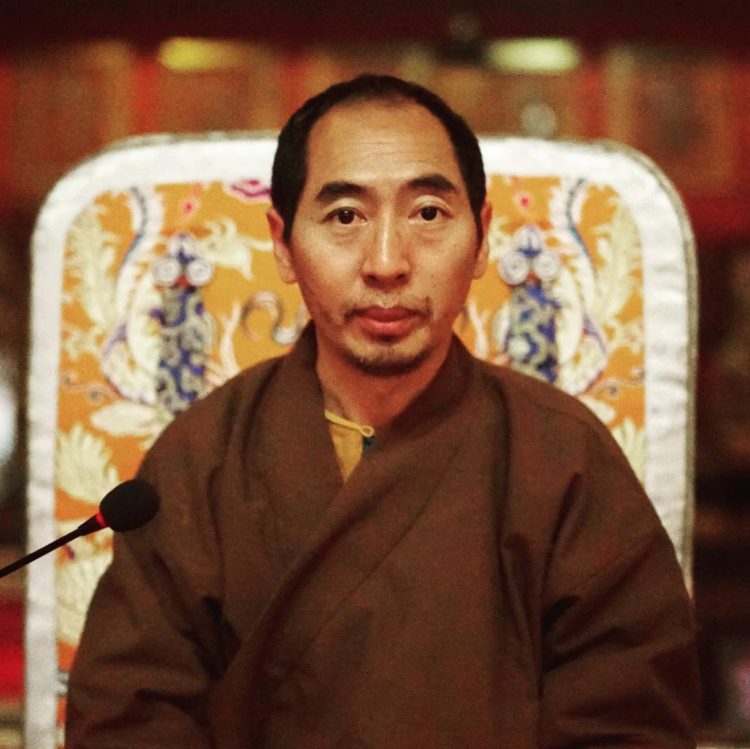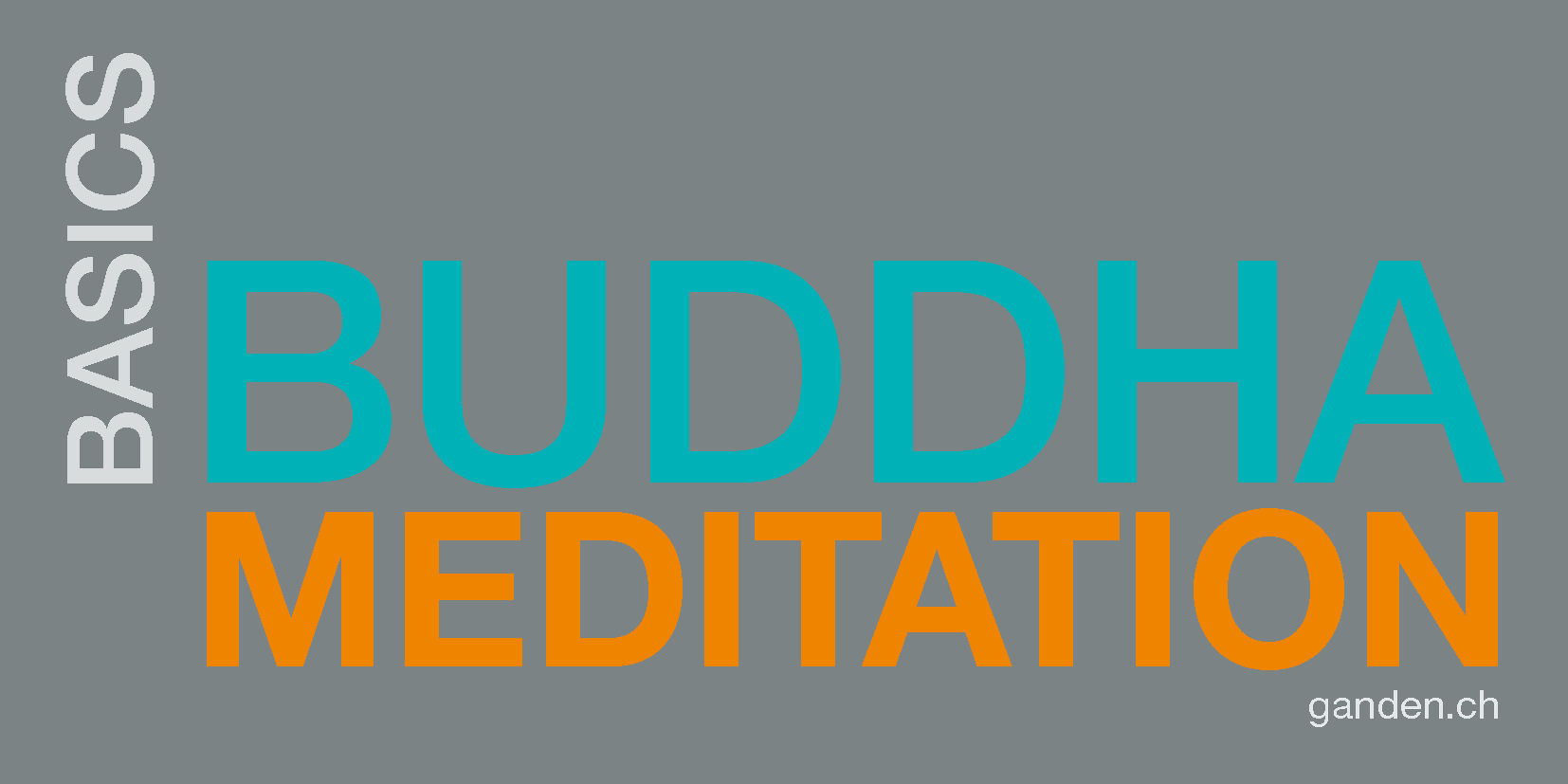Inma initiates a teaching cycle (in English) on Tibetan methods. Bliss revealing jewels from the Lu Jong 1: 5 elements, 5 body parts, associated massage and meditation, additional exercises make the prelude. Regardless of our faith or physical condition, anyone can benefit from Lu Jong. The course is intended for beginners.
Lu Jong teachers and trainers can attend these courses to improve or deepen their personal and professional practice and knowledge.
Lu Jong, Tibetan Healing Yoga is a simple and very effective way to connect with the power, clarity and happiness of our true nature. Balance and healing through a meditative practice that brings attention, happiness and much tenderness. Lu Jong is love in motion, healing in action. It is a compilation of yogas from the ancient Tibetan traditions of Tantric Buddhism and Bon. For more than 15 years, Tulku Lobsang has been sharing his deep knowledge of these techniques in the West, integrating them and adapting them to current needs and thoughts. Lu Jong has power and effectiveness through a pure and uninterrupted transmission. Lu Jong after Tulku Lobsang has two levels and 38 movements.
Benefits of Lu Jong
Lu Jong’s purpose is to open the chakras and channels of the body both physically and on a more subtle or energetic level, which is essential for a healthy body and a calm, wise and compassionate state of mind. It is a practice that brings body, breath and mind into harmony and thus benefits meditative practice and supports a longer, happier and healthier life. Lu Jong compensates for the lack of physical movement in our current lifestyle, which causes the most common disorders such as back problems, stress and emotional imbalance.
A very special Yoga
Lu Jong differs from other body exercises in that it is a yoga of repetitive simple movement patterns. This results in the practitioner feeling his body deep while practicing and allowing the exercise to deepen more and more in his body. The goal is not only flexibility, but above all activation and energetic coordination, the increase of inner warmth, the increase of physical and mental strength and physical awareness. This makes it a meditation in motion, as well as an essential tool to maintain health and promote physical and mental healing.





